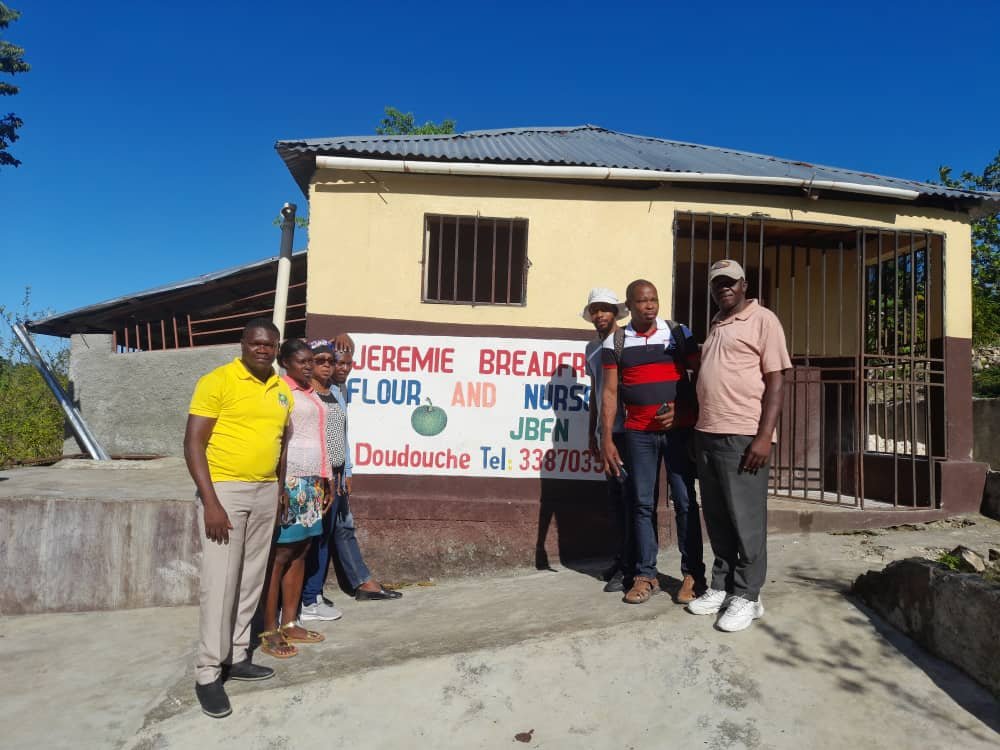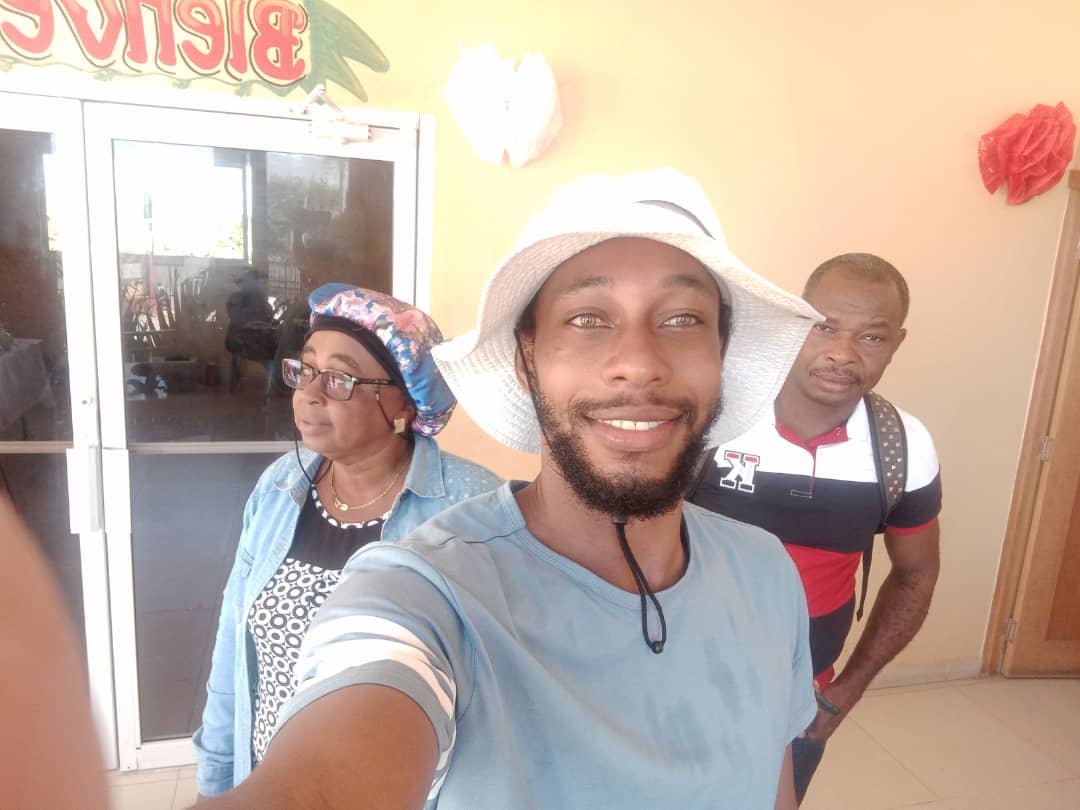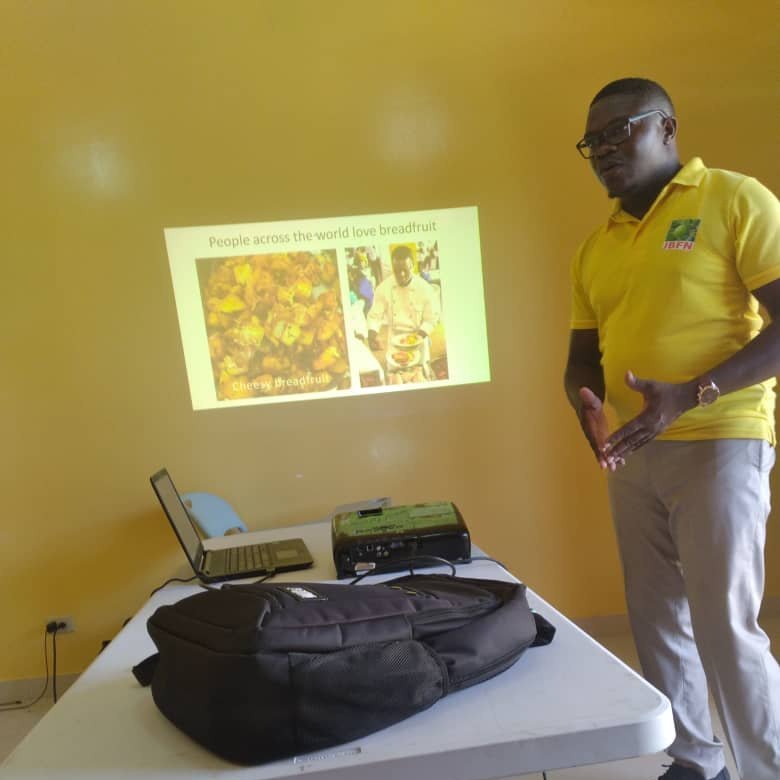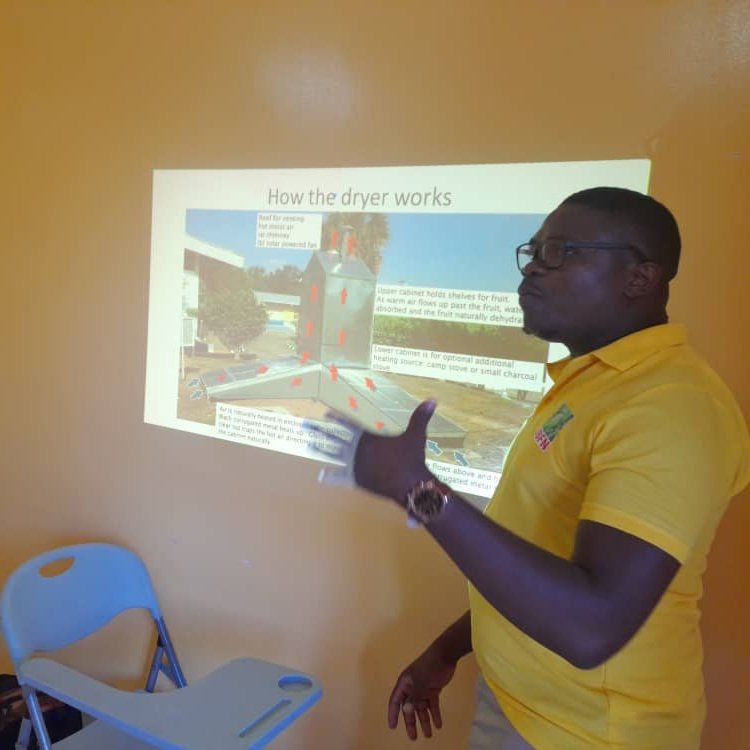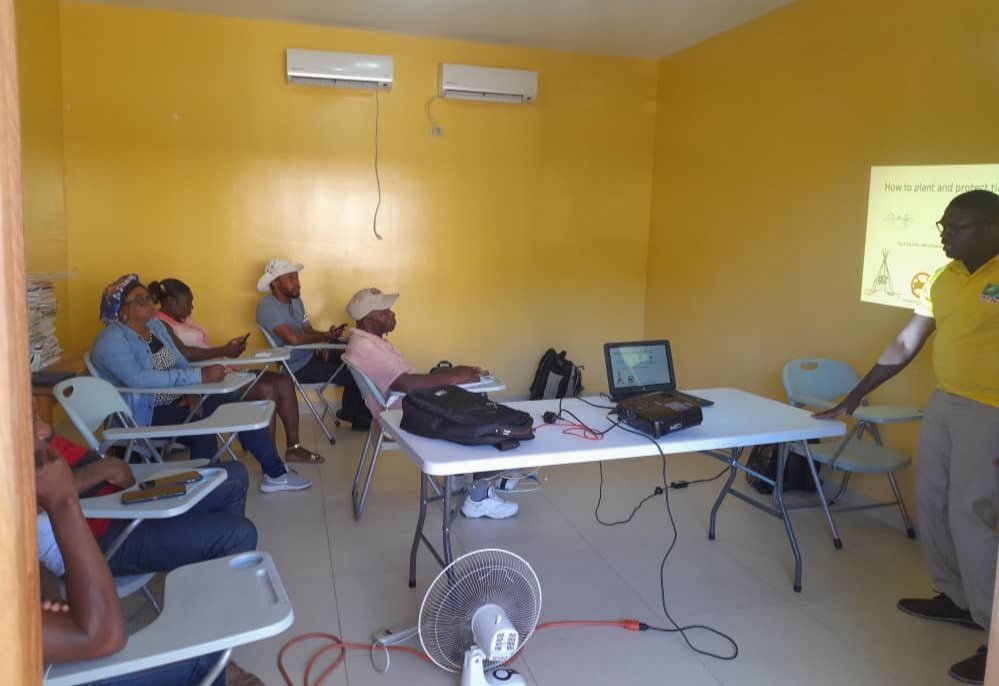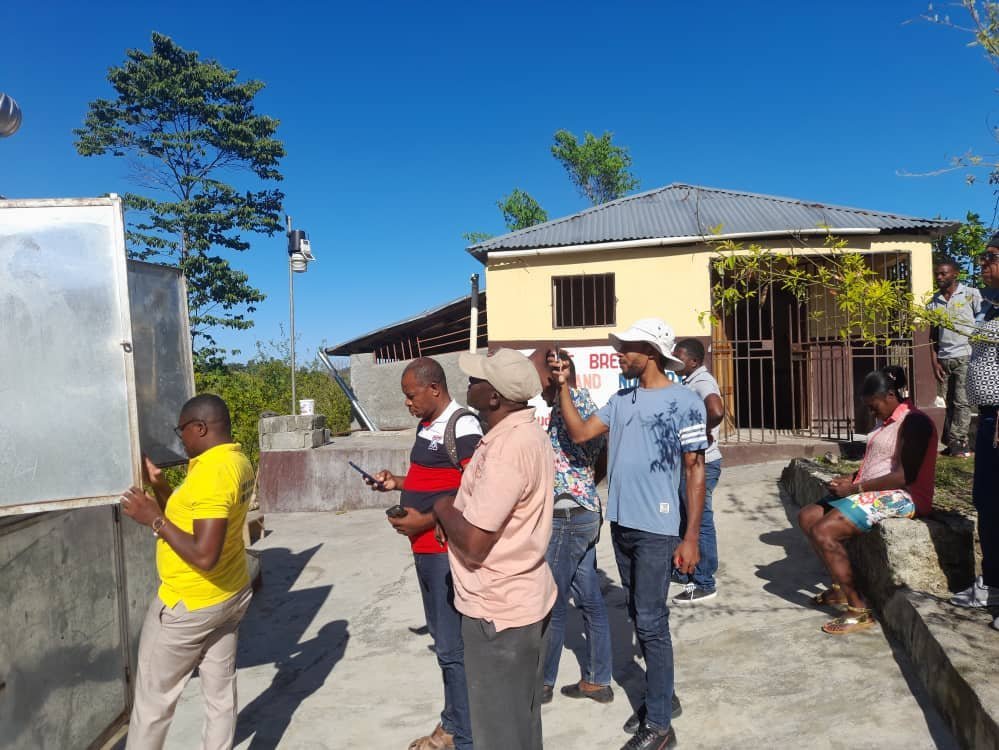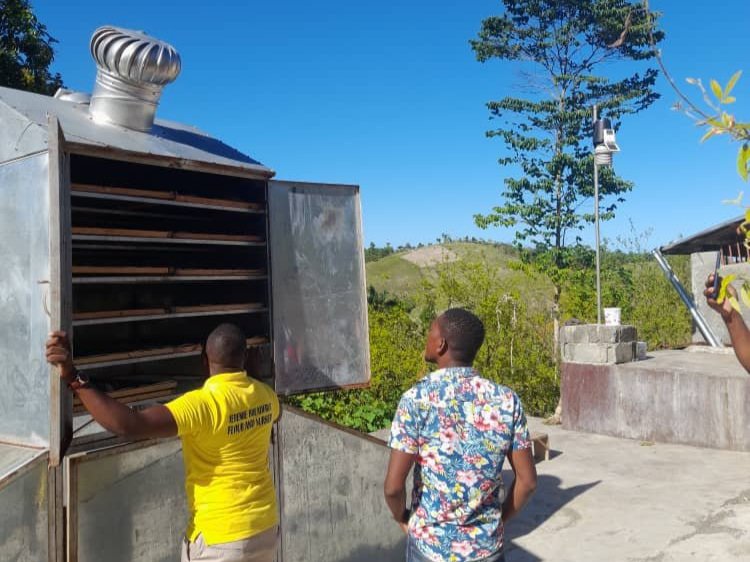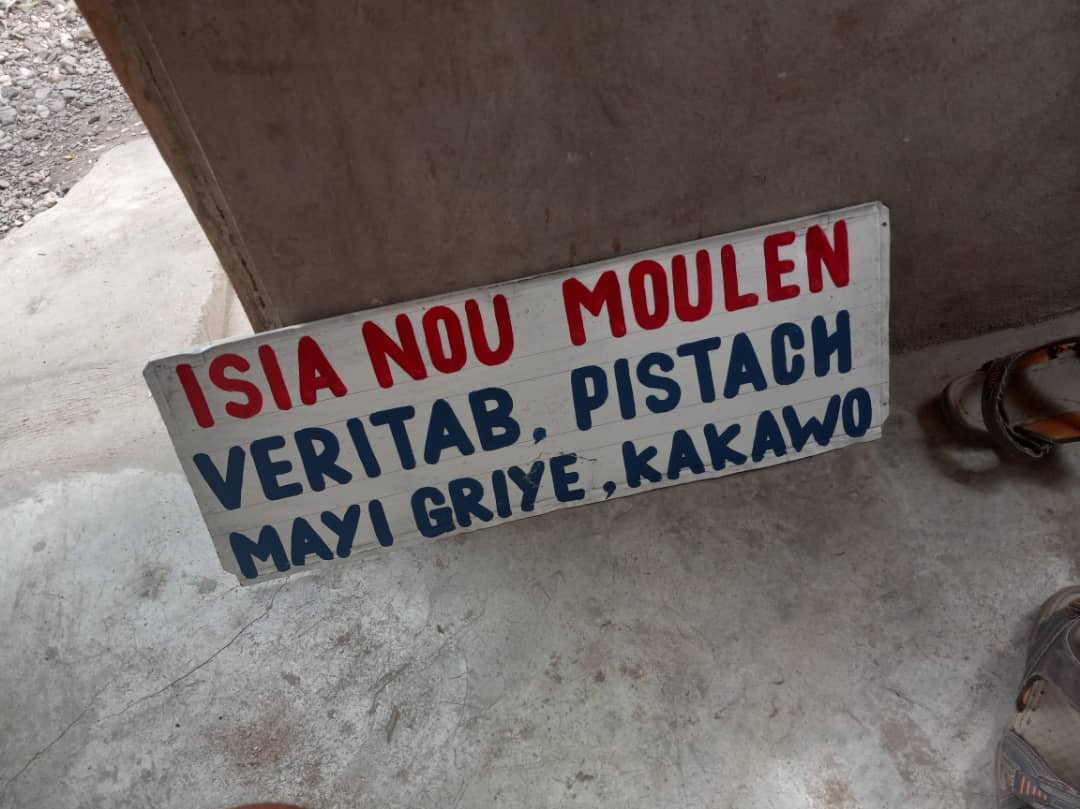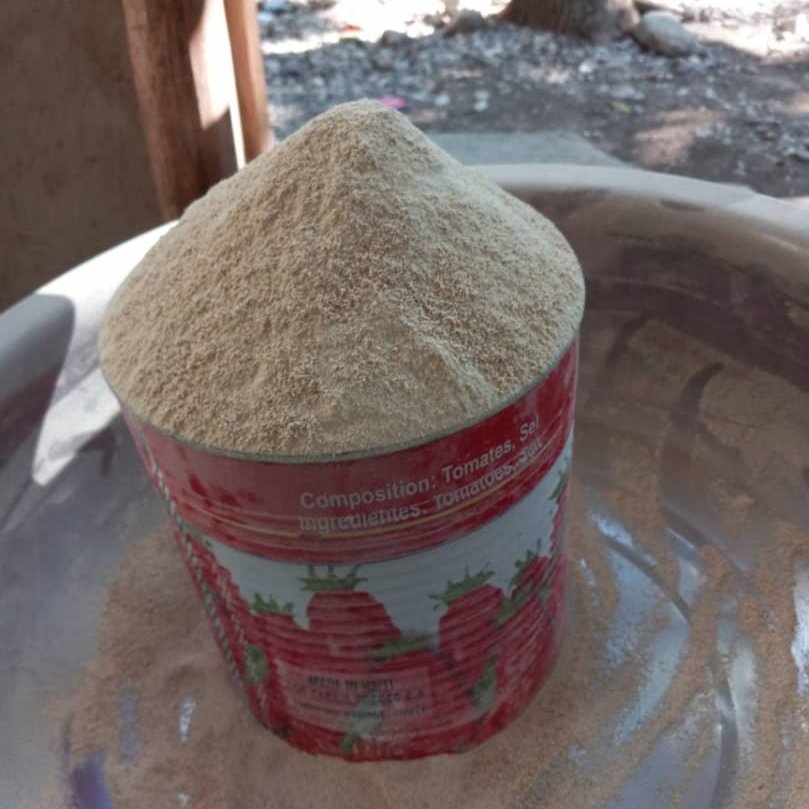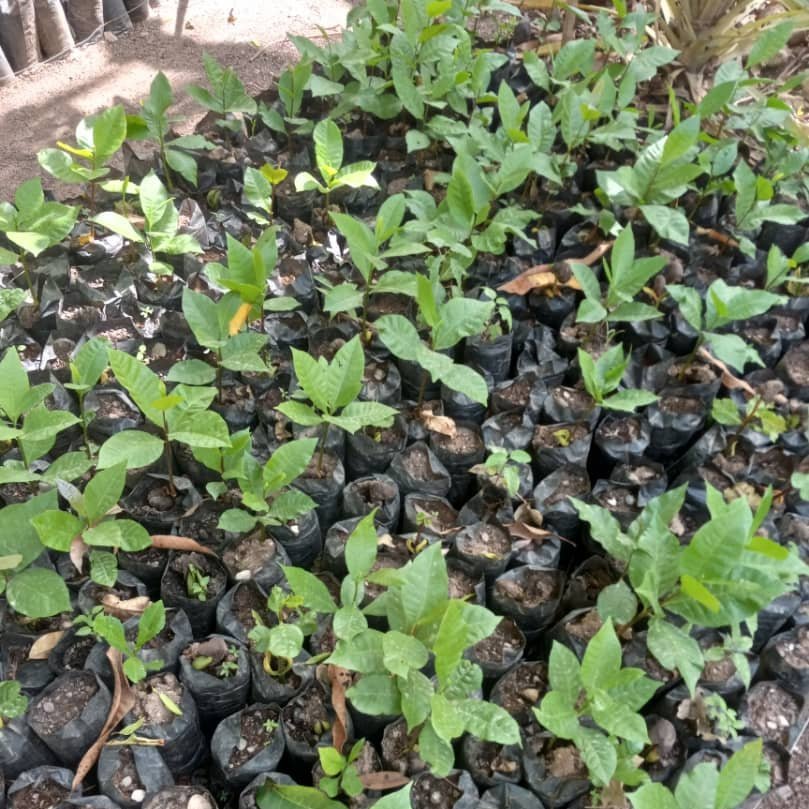Four hundred youth assembled today for a nursery seminar in Les Cayes. One of the main topics was increasing the volume of trees that provide the best foods for Haiti. Here, Agronomist Nerva is giving a lecture on Breadfruit trees while our team gives out konparets. The Haiti Tree Project plans to start a konparet production facility in our nursery locality soon.
Here you see a Komparet, a kind of dry sweet bread, that is being produced in Jeremie and we hope to produce it in Saint Louis de Sud. Our team spent the day exploring everything that is needed to produce this product from the seedlings to the ingredients.
